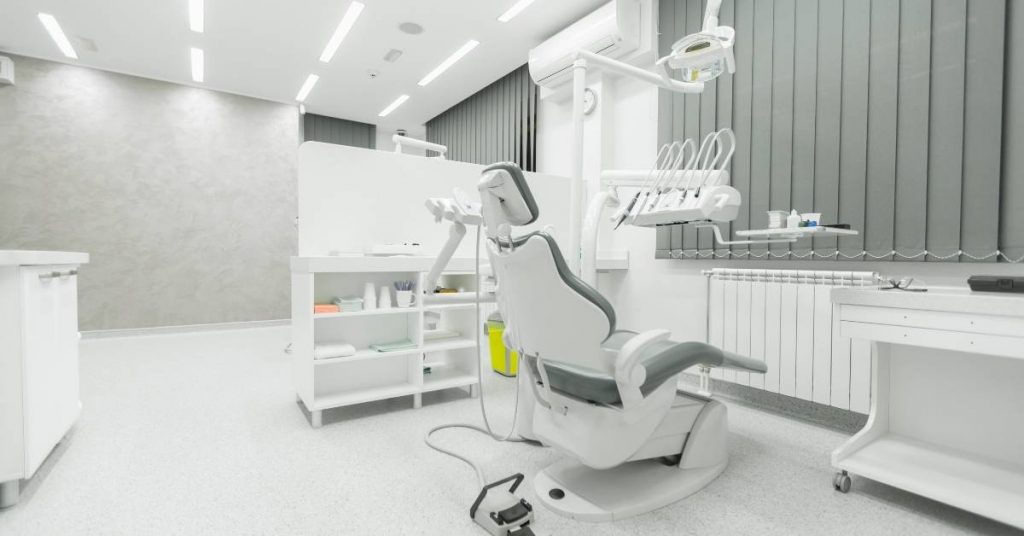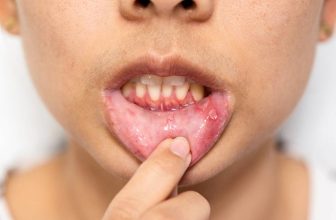Dental implants are a popular and effective way to replace missing teeth. They consist of a titanium post surgically implanted into the jawbone and a porcelain crown attached to the post. Dental implants can replace one or more teeth and are also an option for people who have lost all their teeth.
Bone grafting is a surgical procedure in which bone tissue is transplanted from one part of the body to another. Bone grafting is often performed before dental implant surgery to increase the chances of success. After dental implant surgery, it is essential to take care of the implants and grafted bone tissue appropriately to heal properly.
What can you not do after a dental bone graft to speed up the healing?
When you undergo a dental implant or bone graft surgery, it is crucial to follow the post-operative instructions closely to ensure proper healing.
Here are some tips for taking care of yourself after surgery:
1. Keep your mouth clean

Brush your teeth and gums gently with a soft-bristled toothbrush at least three times a day. Use warm water and mild soap to help dislodge any food particles or debris. Rinse thoroughly with warm water after brushing.
2. Apply ice packs to your face
Apply an ice pack to the area around the surgical site for 15 minutes at a time, several times a day. This will help reduce inflammation and swelling.
3. Take pain medication as prescribed
If you are experiencing pain, take the medication as directed. Do not exceed the recommended dosage.
4. Avoid chewing on the surgical site
until it has healed completely. This will help reduce the risk of infection and promote healing.
5. Drink plenty of fluids
Drink plenty of water and other fluids to help keep your mouth moist and promote healing.
6. Practice good oral hygiene
In addition to brushing and flossing your teeth, clean your tongue, cheeks, and roof of your mouth. This will help remove any bacteria that could cause an infection.
7. Avoid alcohol and tobacco
For at least 24 hours after surgery, avoid drinking alcohol or using tobacco products. These can interfere with the healing process.
8. Restrict activity as directed
After surgery, you will need to take it easy for a few days. Avoid strenuous activity and heavy lifting. This will help reduce the risk of bleeding and swelling.
9. Follow up with your dentist
Be sure to keep all of your follow-up appointments. Your dentist will want to check your progress and ensure that the implants are healing properly.
Following these tips can help ensure a successful outcome from your dental implant or bone graft surgery. If you have any concerns, be sure to talk to your dentist.
How long does it take to recover from a dental bone graft?

The recovery process after a dental bone graft surgery can vary depending on the individual. However, taking things easy for at least the first few days following surgery is important. This means avoiding strenuous activity and getting plenty of rest. Most people feel well enough to return to normal activities within a week or two. However, following your dentist’s instructions regarding activity and diet during recovery is essential.
When can I normally eat after a bone graft?
Sticking to a soft diet for at least the first few days following surgery is essential. This means avoiding hard, crunchy, or sticky foods that could dislodge graft material. After a week or two, you can start to add more solid foods back into your diet as tolerated. If you have any questions about what types of food to eat during your recovery, be sure to ask your dentist.
What can happen after the dental treatment and how to fix certain issues
If you are leading, here is what you can do to stop it:
Bleeding after surgery can be frustrating and worrisome. Thankfully, by following these simple steps, you can help to stop the bleeding and ensure a speedy recovery.
First, bite down gently but firmly on a folded piece of gauze over the surgical site for one hour. If bleeding persists after one hour, place a new piece of gauze over the site for another 30 to 45 minutes and repeat as needed. Do NOT change the gauze too frequently as this will pull off the clot and stimulate bleeding.
It is common to have some mild oozing or spotting for up to 24 to 48 hours. If bleeding persists, bite more firmly on the gauze moistened with water or soaked in strong, regular black tea (which contains tannic acid that helps with clotting) for an additional hour and make sure the gauze is positioned directly over the surgical area.
If bleeding does not decrease with pressure, please call our office immediately. Do not sleep or eat with gauze in your mouth. Keep your head slightly elevated the first day while lying down (head above the heart).
If you experience excessive swelling, here is what to do:
- Apply ice to the area for 20 minutes and 20 minutes off for the first 24 hours. After that, you can switch to moist heat.
- Do not drink through a straw for the first week.
- Do not smoke for at least one week after surgery.
- Take your prescribed antibiotics as directed.
Please call your dentist if you have any questions or concerns. They are there to help you have a smooth and speedy recovery!







